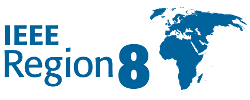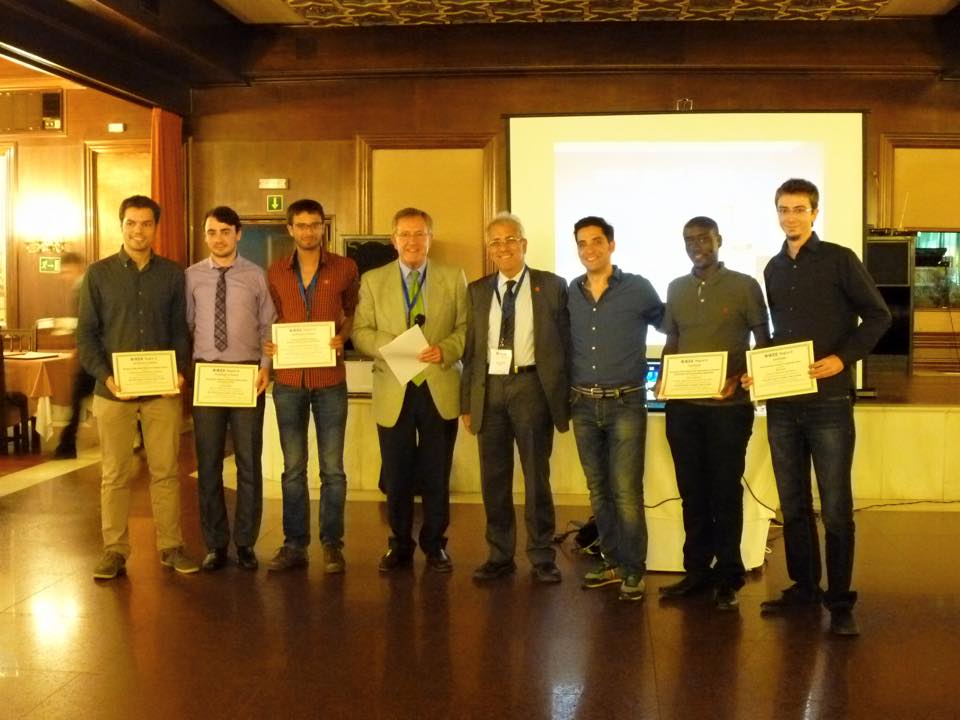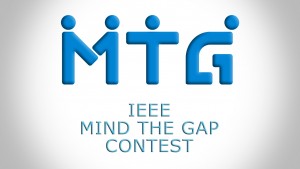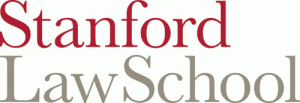
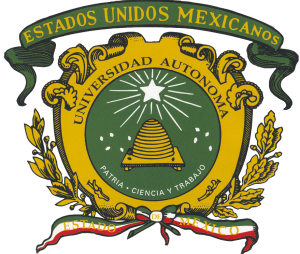
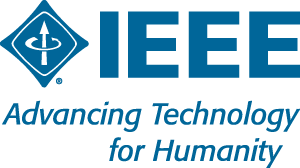
Open Government Partnership Summit 2015
SESSION:
Providing Access to Justice for All Through Open Judiciary:
Comparative Experiences from the U.S., Latin America, and China
Theme
In January 2009, President Barack Obama signed the Memorandum on Transparency and Open Government, calling for an open government, as measured by transparency, participation, and collaboration. This statement has sparked the commitment of governments worldwide to redefine openness initiatives in accordance with these principles. Yet, most of these governments largely focus on the executive or legislative branches, leaving many issues concerning open judiciary unaddressed. This session, Providing Access to Justice for All Through Open Judiciary: Comparative Experiences from the U.S., Latin America, and China, not only fills this gap, but also seeks to challenge the common belief that open judiciary cannot be meaningfully implemented in developing countries, let alone in closed societies.
This session will present, through highly-participatory dialogue conducted during a panel and three simultaneously held workshops, common threads and key differences in approaches to open judiciary in different contexts—from developed to developing and closed societies—and will culminate in the collaborative creation of a list of factors critical to providing access to justice for all through open judiciary. Participants of the panel will be asked to complete a short online survey to rank the factors discussed, add their own, and give comments. The survey results will be shared during the workshops to help participants brainstorm action plans for promoting open judiciary, both around the world and in participants’ own jurisdiction.
Objectives
Designed to help achieve Sustainable Development Goal No. 16 (“Promote peaceful and inclusive societies for sustainable development, provide access to justice for all and build effective, accountable and inclusive institutions at all levels”) and to shed light on the Open Government Partnership Summit “Public Sector Innovation: Open Judiciary” topic. The session aims to draw on representative work accomplished by four experts with diverse backgrounds to develop a set of essential factors for making the judiciary around the world more open and to design a corresponding action plan for implementation.
The proposed session will begin with a 60-minute panel, featuring the four experts (three as panelists and one as moderator). The panelists will then simultaneously lead three separate workshops oriented toward drafting an action plan for promoting open judiciary, focusing on open judiciary efforts in developed countries, developing countries, and closed societies respectively. Attendees’ participation is key, and the format of this session will be highly participatory.
Panel experts are:
-
Carlos E. Jiménez-Gómez, (Moderator) Open & Smart Government Specialist (IEEE e-Government, USA; & Department of Justice of the Autonomous Government of Catalonia, Spain).
-
Phillip R. Malone, (Panelist – USA). Professor of Law, Director, Juelsgaard Intellectual Property and Innovation Clinic, (Stanford Law School, USA)
-
Rodrigo Sandoval-Almazan, (Panelist – Latin America) Professor, Political and Social Sciences School (Autonomous University of the State of Mexico, Mexico).
-
Mei Gechlik, (Panelist – China) Founder and Director, China Guiding Cases Project -“CGCP”-, (Stanford Law School, USA).
All are invited to attend and participate.
More info in this link
Best regards,
Carlos, Mei, Phil & Rodrigo
